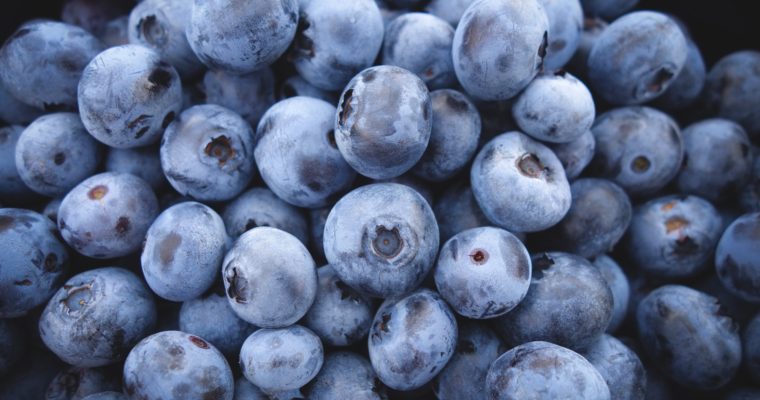Photo by Alan Ko on Unsplash
If you’ve noticed that your sleeping habits have been off along with your diet lately, it’s important to note that there is an interesting correlation between the two. Research has found that sleep, particularly too little of it, directly impacts your appetite and what types of food you crave. Hormones like melatonin, serotonin, and dopamine all influence motivation, mood, sleep, and cravings. It plays an important role in regulating all of these hormones. Here are a few of the most common unhealthy habits to avoid –
Not Getting Enough Sleep
The American Cancer Association found higher incidences of cancer in individuals who consistently slept six hours or less or more than nine hours nightly. New research recently reported that people who get at least 7 ½ hours per night live longer. A good night’s sleep always starts with a decent bed. When your sleep is insufficient, your cortisol and hunger hormones both surge, causing a corresponding increase in insulin. You also experience decreases in leptin, melatonin, growth hormone, testosterone, and serotonin, all of which lead to weight gain. Follow these tips like avoiding electronics and eating or drinking too much before bed, and you’ll likely experience much better sleep!
Eating Right Before you go to Bed
Late-night meals and snacks prevent your body from cooling down while you rest, and they also raise your insulin level. As a result, less cell-boosting melatonin and growth hormones are released while you snooze. Stop eating about 3 hours before bed.
Drinking Too Many Liquids Before Bed
Waking up to go to the bathroom interrupts your natural sleep patterns. If you turn the light on when you go, you also run the risk of suppressing melatonin production. Stop drinking all liquids at least 2 hours before bedtime, and use a red night light in the bathroom, if a night light is needed.
Sleep vitamins can be an extremely helpful tool for anyone who is not getting a full, restful night’s sleep on a regular basis.
Late-Night Exercising
A late-night workout, especially a cardio session, raises your body temperature significantly, preventing the release of melatonin. It can also interfere with your ability to fall asleep, since it usually increases noradrenaline, dopamine, and cortisol, all of which stimulate brain activity. Make the morning your workout time – it will help you avoid problems from working out at night, and it will give you more energy throughout the day, too!
Too Many Electronics
Too much time in front of any kind of a screen close to bedtime can interfere with a good night’s rest. These activities increase the stimulating hormones noradrenaline and dopamine, which can hamper your ability to fall asleep. Take time to “power off” and focus on mind-calming activities like meditation, reading, or journaling before sleep. These habits make your serotonin dominant and improve your quality of rest.
How To Sleep Your Way to a Healthier Weight!
Do you have trouble sleeping? What helps you fall asleep? Let us know in the comments!
Source: http://healthyliving.msn.com/health-wellness/sleep/are-these-sleep-mistakes-making-you-fat?pageart=2






